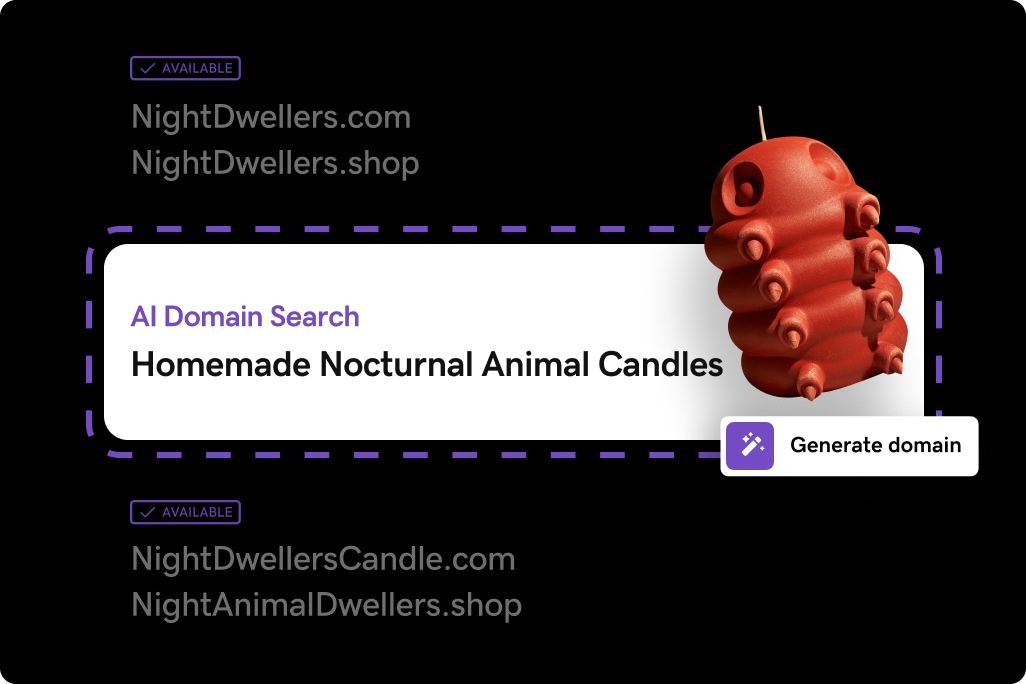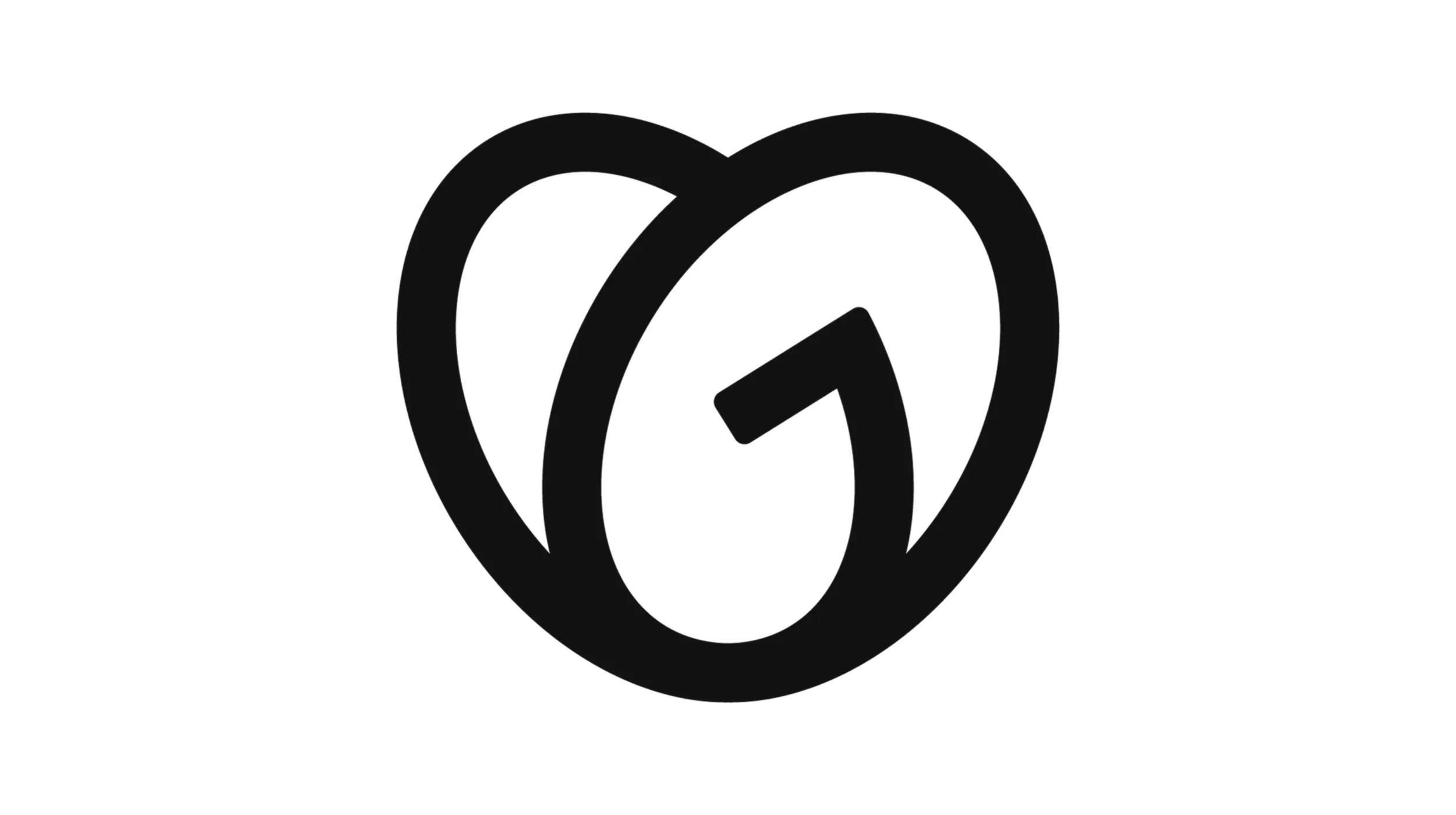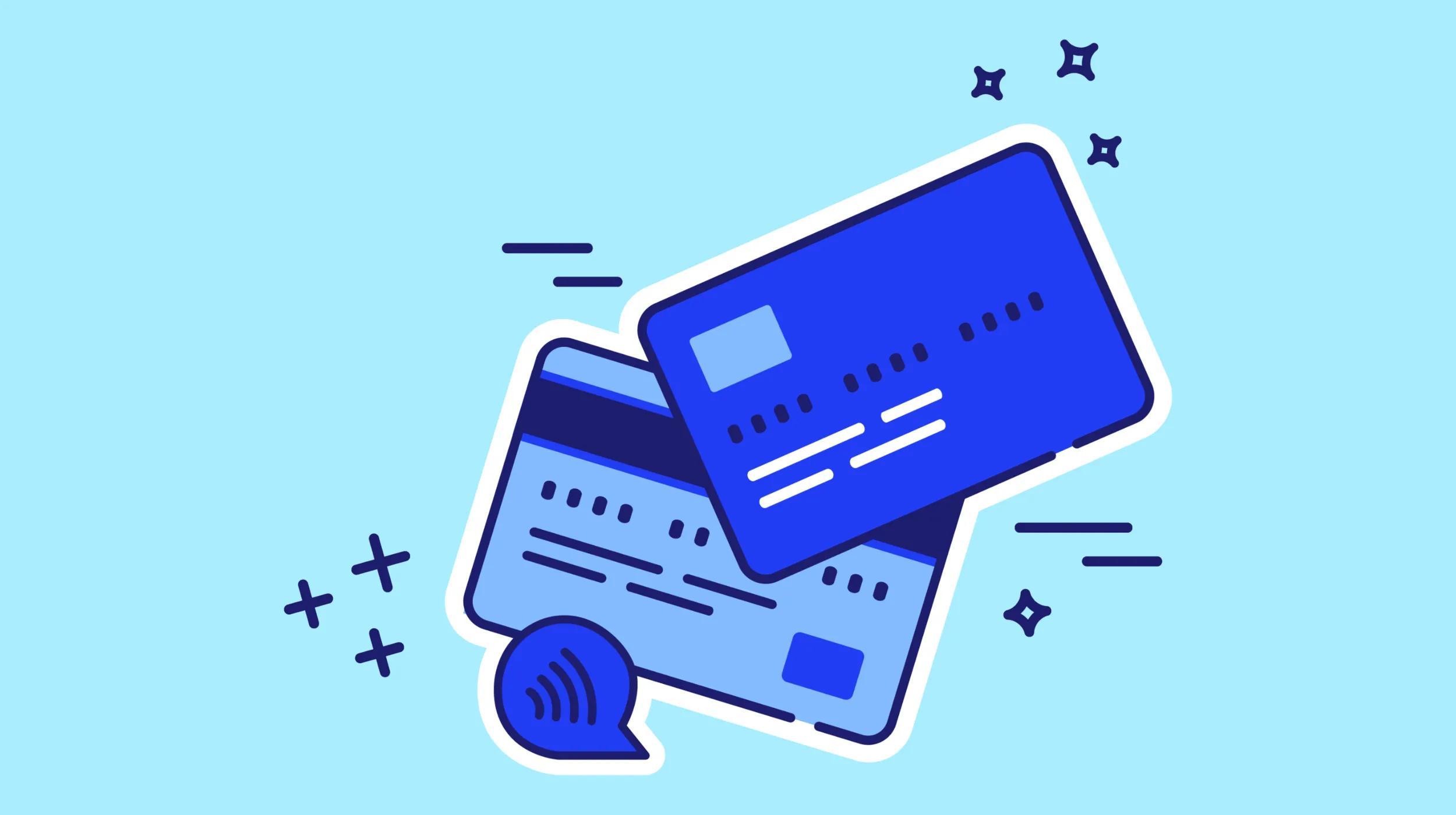Buying and selling domain names is an exciting adventure that for some seems to conjure up images of finding hidden pirate treasure or guessing the winning combination on the next Powerball. Stories abound of domains that were purchased for $8 dollars 15 years ago being sold today for millions. Of course, that leads the more adventurous of us to wonder, “How can I do that?”
Well, the ocean is big. Your likelihood of cashing in on the motherlode is low, and you’re liable to waste a lot of time and money chasing after the wrong ships. You need a map or some other advantage to guide you toward that elusive booty.
These five tried-and-true tips for buying and selling domain names for a profit can navigate you to becoming an expert.
Related: The top 25 most expensive domain names

Go from idea to online in minutes with GoDaddy Airo™
Get started now.
5 tips for buying and selling domain names for profit
Here are some tips to get you pointed in the right direction when trying to buy or sell a domain name for profit:
- Narrow your focus.
- Find names that offer real value.
- Check domain availability.
- Evaluate the price.
- Get your domains front and center.
Let's dig into each of these tips.
1. Narrow your focus

There are millions of domains already registered by someone and endless combinations of available domains to register — especially when you consider the hundreds of new domain name extensions like .app and .club.
If you plan on buying a domain to resell it, start by narrowing your focus.
What do you know about already that can make this easier?
- Do you know about pets? Trying getting a .dog or .pet domain name.
- Are you in car or home sales? Consider getting a .car or .realestate domain extension.
- Is your profession in education or healthcare? Check out .education and .doctor options.
Think about some of the spaces you are most familiar with and start your domain name search based on the related keywords.
It is much easier to sell a domain you know would be valuable to someone in a particular industry.
You can check the strength of a keyword by using tools like Google Trends and Keyword Planner.
What not to do
Here’s what you DON’T want to do: Target prospective buyers based on their perceived economic status, without any insight into the industry you’re targeting. “Lawyers seem to do well,” you think, “maybe I should start selling names to them.” So you rush out and buy a bunch of domain names you think would appeal to the law firms you’ve identified as potential buyers.
Without knowledge of the space, you may not know that the American Bar Association and other industry-specific organizations set rules that govern some aspects of legal advertising. You’re not going to strike gold selling names your target buyers can’t use.
Understand your audience, and the sales will eventually follow.
You can keep a domain for 10 years and still sell at a considerable profit. While you are waiting for it to sell you can monetize the domain and throw in some SEO, which in turn can justify the cost to the buyer.
Most domains end up paying for themselves so your portfolio won’t really cost you any money out of pocket.
Remember to focus on the areas you know well and you will be much more successful than buying and selling domains you think would benefit someone in an industry you know little about.
Related: How to buy a domain that someone else owns
2. Find names that offer real value
Think of ways that the domains you buy would be a valuable asset to the buyer.
Picture someone who would benefit from buying the domain in a space you are very familiar with. If this was you and someone was trying to sell you this name, would it be beneficial for you to own? Be honest. If so, why? If not, why?
Use those answers to refine your search for names.
Let’s play this out with a real example. Say you’re familiar with the real estate market in Tempe, Arizona, and you have the opportunity to purchase tempeapartments.com for $200. This might be a good deal. Tempe has a lot of rental property; it’s a competitive market; and there’s ample turnover in the apartment space because the city is home to a major university. Ask yourself:
- How much does one month of rent profit a landlord, property manager or other prospective domain buyer? How about a year’s worth of rental profit?
- Would you buy this name if you were in the space? If so, why?
- What kind of domains are landlords, property managers, etc., using?
- How much do they spend on advertising?
- How much would this domain help them to sound authoritative in their space?
If you can answer these questions with confidence and know this niche well, you probably already have an idea of who to contact and how to make a compelling case for how this domain could help their business grow.
Related: Should you buy a premium domain name for your business?
3. Check domain availability
Now that you have narrowed down what names you should probably be buying, how do you find them?
First, check to see if the names are available to purchase as new registrations. You can buy the domain names immediately if no one owns them.
If the names are taken (as many probably will be), head over to the aftermarket to buy from people who already own the names or who let them expire because they no longer plan on using them.
A great place to look is GoDaddy Auctions.
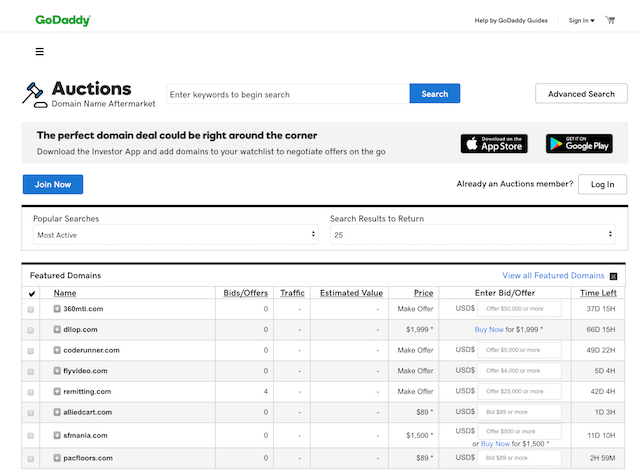
Use the advanced search option to quickly hone in on the type of names you are interested in. You can narrow the results by price, top-level domain (i.e, extensions like .com, .net, .org, .club, .ai, etc.), keyword, and many more filters.
Using this feature will help you quickly sort through the millions of domains on the aftermarket and find the domain names that best fit your end goals.
If the domain name is not on GoDaddy Auctions, you can do a quick WHOIS lookup to find the current registration information.
Related: How to buy an URL address in just 3 steps
4. Evaluate the price
Once you have a name in mind, how do you know if the price is fair?
I like to use namebio.com to compare the domain I’m thinking about buying with similar domains that have sold. You can enter the keyword and also use some advanced search features to see a list of names similar to yours, what they actually sold for, and when they sold.
You can also research current domain sales on venues like GoDaddy Auctions and Afternic.
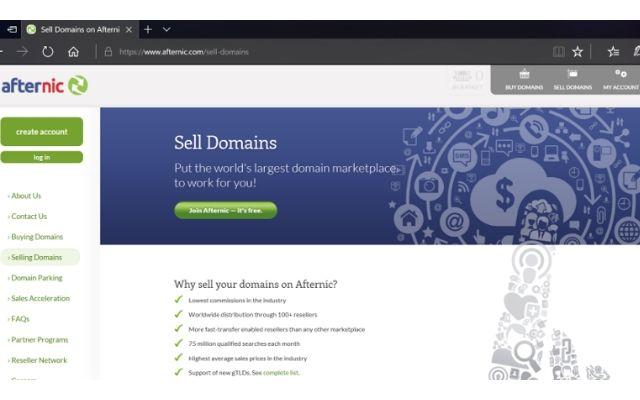
Finally, Ron Jackson issues a weekly report on DN Journal that covers the top public sales of the week. You can use all these resources to help you price your domains correctly.
For a buyer, if you see a domain that you HAVE TO HAVE, snap it up as fast as you can. That might mean making an offer rather than waiting for the auction to end (if that is an option from the seller). You may be able to avoid a bidding war and still get it for a price within your budget.
For a seller, stay firm on a price but also open your auction up for offers above a certain price. Also look for businesses with a similar domain or businesses that would like to acquire your domain because it reflects their branding.
Finding opportunities to sell .com domains are considerable when you offer them to the holders of the .org, .net or .info.
Patience and persistence are key when buying and selling domain names.
Editor’s note: Price your domains with confidence. With GoDaddy Domain Name Value & Appraisal, you can get the most accurate and comprehensive domain pricing estimates available. We use an exclusive algorithm that relies on both machine learning and real market sales data to estimate domain values. Best of all? It’s free.
5. Get your domains front and center
There are many venues to get your domains out in front of the buying public. You want to consider a few things:
Is the venue trusted and well known?
It’s important to feel confident that you will get paid and that the buyer will get the domain name they paid for.
Pick a place that has good ratings with recognized bodies such as the Better Business Bureau or licensing from a trusted government source.
This will make it easier for the buyer to pull the trigger on the domain purchase as well knowing they can trust the brand that is selling the domain.
A trusted brand is vital when selling a domain.
Is the distribution network strong?
The potential to get your domain name in front of the right buyer is vital.
Listing in a distribution network such as Afternic can get your domain name in front of millions of potential buyers each month. Afternic is owned by GoDaddy and it will automatically list it with GoDaddy as well as over 100 other companies such as Network Solutions or Register.com.
Do you know people who could benefit from the domain name? Why not reach out to them and see if they have any interest in using the domain? If you are working in an area of the domain space you are familiar with, you should be able to convey the value proposition of your domain name for the potential buyer.
Keep it short and only approach people you know and think would be interested in the domain for their business.
You do not want to start sending spam emails. You want to have conversations with people you know would appreciate the ability to own the domain.
Letting a great name you purchased at a fair price to make a profit sit in your account, instead of getting it in front of the right buyer, is like finally finding that pirate treasure map but framing it to admire in your living room instead of following it to the booty.
Resources to learn more
There is always a learning curve in buying domains with the purpose of reselling them. Don’t hesitate to ask a lot of questions to those who went before you, participate in forums such as namepros.com, keep abreast of industry trends via resources like domaining.com, and reach out to the Afternic and GoDaddy Aftermarket support teams.
Read this guide
Andrew Alleman of Domain Name Wire created a thorough guide, Get Started Selling Your Domains: How to list your domains for sale through GoDaddy. It is well worth the read when you’re learning how to buy and sell domains.
Attend a conference
Attending a domaining conference will really ramp up your knowledge quickly. You’ll meet a lot of other professionals who are in the industry. You can also see firsthand the tools and services available to you from various vendors in the space.
The biggest industry event of the year, NamesCon, happens each January and is currently held in Las Vegas. For more information on the event, go to Namescon.com.
All of these things will help you to be a smarter investor and make the most of your time and money.
Buying and selling domain names is a skill in which you can become proficient. With these five tried-and-true tips, you will soon be on your way to making profits in the domain name world.
This article includes content originally published on the GoDaddy blog by Andy McIlwain.
*AI-assisted full website including all of the premium features like online store, appointment scheduling, and marketplace selling to name a few, requires paid subscription.
Social media marketing calendar available with GoDaddy Airo, some features will require paid subscription.
Professional Email through Microsoft Office 365 30-day free trial with an option to renew into a paid subscription beyond the promotional period.
While the LLC starter plan is free, there are likely some state and/or local filing fees associated with your filing which will be determined during the filing process.

